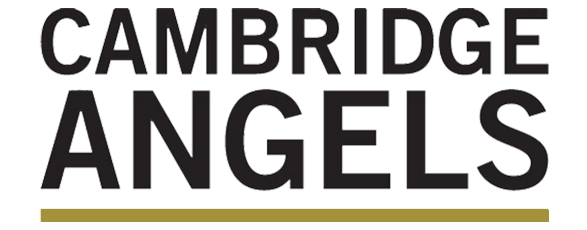Tom Collings is CEO and co-founder of Kalium Health, working to transform the management of cardiorenal diseases using our real-time blood monitoring technology.
What is your background and how did this lead you to starting Kalium Health?
I qualified as a Mechanical Engineer and I’m a builder at heart. My career started with building product prototypes in a workshop, from which I learnt how to design better products. From there I found myself managing complex, high-value medical technology development projects. Now I’m building a team and a company, so the building never stops!
Kalium Health was started in 2018 when a doctor at Addenbrooke’s Hospital spotted an unmet clinical need and teamed up with two researchers from Cambridge University to develop a solution. I volunteered my capabilities and the four of us together realised the huge potential. It’s truly a result of the powerful cocktail of ideas, talent and funding that makes Cambridge one of the best places in the world to start a technology business.
Where is the company now and what are your goals for it over the next 24 months?
It’s such an exciting time for us. We have developed the world’s first test for blood potassium levels that is rapid, accurate and suitable for home use. This is poised to change the way that cardiorenal diseases are managed, enabling real-time health monitoring so that medications can be prescribed more safely and patients can stay healthy outside the hospital.
We’re busy completing our clinical testing and getting regulatory approvals so that we can release our first product onto the market and begin working on our next ideas.
What do you wish you'd known before starting on your entrepreneurial journey?
People do business with people, not companies. Before founding Kalium Health I thought I had a great network… turns out I had to develop a whole different network of mentors, advisers, investors and other founders who have ‘been there, done that’. Everyone I meet is so generous with their time and I try to do the same.
What specific challenges did you have during fundraising (and how did you overcome them)?
As a team of mostly technical, first-time founders we had to learn to stop pitching the product and start pitching the business. I spent a year full-time raising our first equity funding and it was through countless meetings with experienced investors that I learnt the ingredients for a successful business. Now we’re putting that into practice and we will shortly close our third funding round.
How has having Cambridge Angels in your investor group helped you?
Cambridge Angels bring such a positive approach, undoubtedly due to the entrepreneurial success of the members who are better qualified than most to balance risk and opportunity. Their advice has helped me focus on the things that will really move the needle. Also, as a majority-female founding team we are delighted to have backing from several female Angels including Pam Garside, current Chair of Cambridge Angels and a super-connector in the UK/US healthcare space.


